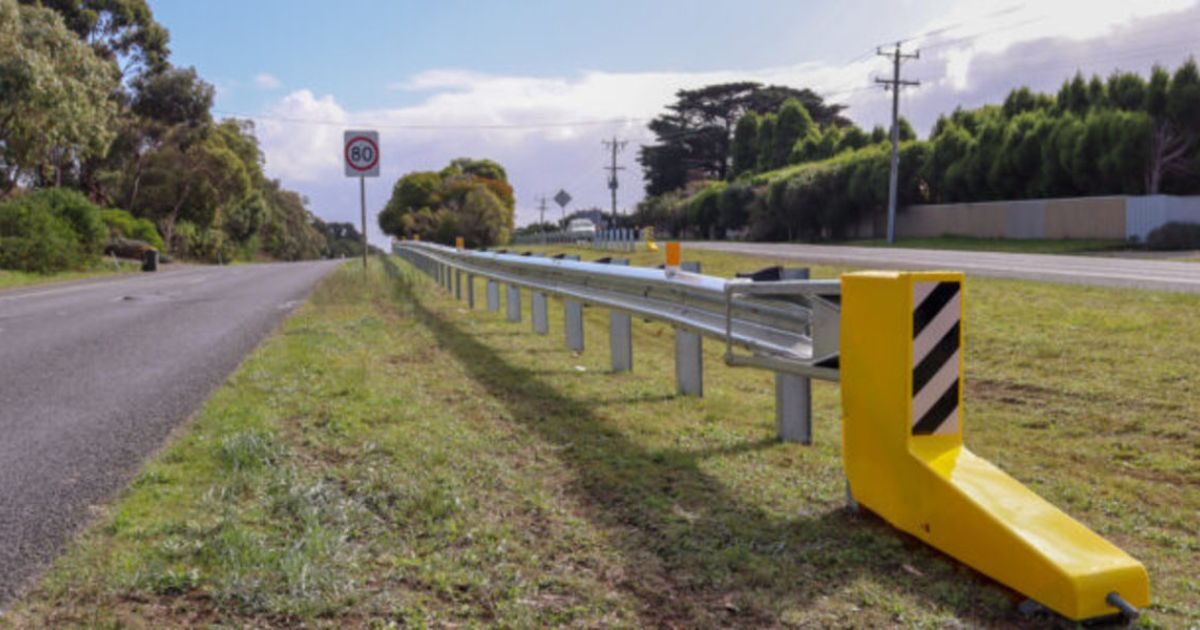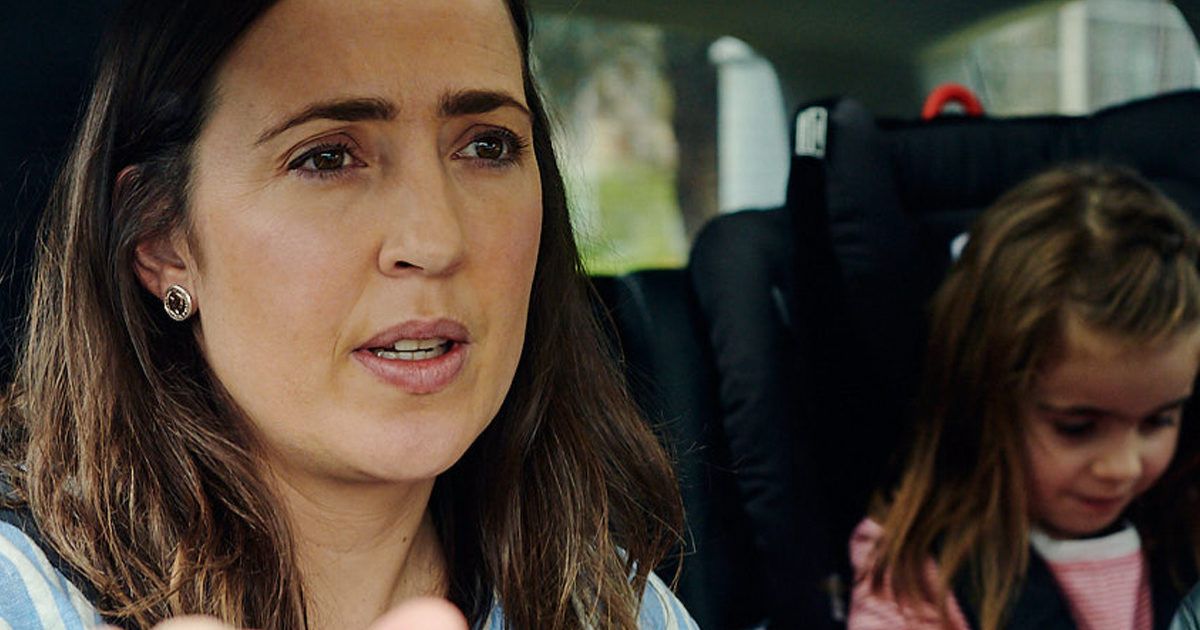National Drowning Report released
THERE were 45 drowning deaths in Victoria in the past financial year – a 15 per cent increase on 2015/16 – according to the latest Royal Life Saving National Drowning Report.
Officially launched last week, the report reveals the highest number of deaths occurred in people aged between 25 and 34 (18 per cent).
Just over a quarter (29 per cent) of all drowning deaths in Victoria in 2016/17 occurred in lakes, dams and lagoons.
Swimming and recreating was the leading activity prior to drowning, accounting for 29 per cent of all drowning deaths.
The 2016/2017 report is the first to examine the impact of both fatal and non-fatal drowning. Royal Life Saving estimates there were an additional 685 non-fatal drowning incidents requiring hospitalisation in 2016/17, with many of these people requiring long-term medical assistance.
The nation’s inland waterways continue to be the leading location for fatal drowning, accounting for 97 deaths in 2016/17; almost one third of the total. This included 68 at rivers and creeks, and 29 at lakes and dams.
Life Saving Victoria principal research associate Dr Bernadette Matthews said Australians loved the water and it was an important part of our culture.
“The sad fact that 291 people drowned last year is a sobering reminder to always actively supervise children around water, for people young and old to learn to swim and survive, to increase lifejacket use, reduce alcohol consumption around water and to always Respect the River.”
Drowning in children under five has increased – 29 children aged 0-4 years drowned in 2016/17, a 38 per cent increase on the previous year. “In Victoria, four children under five drowned,” Dr Matthews said.
“We encourage the Victorian government to continue to work towards strengthening home pool fencing legislation to reduce both fatal and non-fatal drowning incidents.”


















